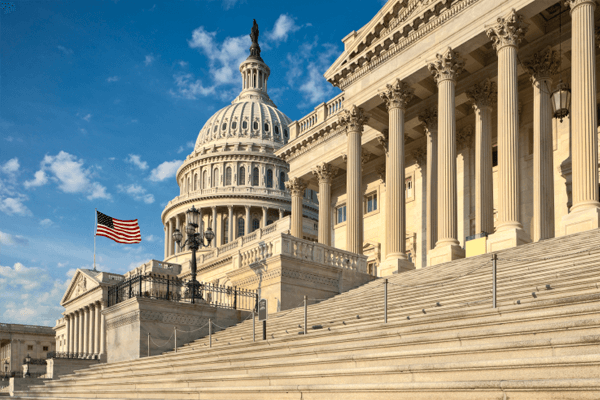Sleep is a National Health Priority
The American Academy of Sleep Medicine (AASM) urges legislators, policy makers, and insurers to make sleep health a critical component of strategies to improve the health of our nation. Promotion of the importance of sleep and treatment of sleep disorders will help to combat chronic disease among children, adolescents, and adults in the United States.
Sleep is Essential to Health
It is the position of the AASM that sleep is essential to health. There is a significant need for greater emphasis on sleep health in education, clinical practice, inpatient and long-term care, public health promotion, and the workplace. More sleep and circadian research is needed to further elucidate the importance of sleep for public health and the contributions of insufficient sleep to health disparities.
Sleep is a Health Imperative
Chronic sleep deficiency is a growing and underappreciated determinant of health status. It contributes to the risk for several current medical epidemics, including cardiovascular disease, diabetes, obesity, and cancer. It is a public health imperative to determine the mechanisms underlying the adverse health effects of sleep deficiency and identify strategies to improve sleep health.

Sleep is a Research Priority
Sleep and circadian research has transformative potential for improving the health of the American people, including the development of novel, personalized, preventative, and therapeutic strategies for multiple chronic diseases. Given the evidence of the importance of sleep health to overall health and safety, translational and clinical research in sleep and circadian rhythms must be prioritized.

National Center on Sleep Disorders Research
Coordination of sleep and circadian research funded by the federal government is critical in addressing sleep health at a national level. The National Center on Sleep Disorders Research (NCSDR) was established by Congress through the National Institutes of Health (NIH) Revitalization Act of 1993. Located within the National Heart, Lung, and Blood Institute (NHLBI) and assisted by the Sleep Disorders Research Advisory Board (SDRAB), the center coordinates sleep and circadian biology research throughout NIH and other federal agencies. NCSDR plays a key role in advancing the NIH Sleep Research Plan, ensuring that grants are awarded to high-priority research projects that will have the greatest impact on health outcomes.
Sleep Can Make America Healthy
In response to the current presidential administration’s directive to “Make America Healthy Again,” the AASM is calling for action by the federal government to prioritize sleep health research and education, while advocating for greater awareness of how quality sleep is critical for children’s development, well-being, and long-term health.
Healthy People 2030 Sleep Health Objectives
The Healthy People 2030 initiative of the Office of Disease Prevention and Health Promotion is one example of how the federal government is already emphasizing the importance of sleep for health, productivity, well-being, quality of life, and safety. Its sleep health objectives address:
- Promotion of sufficient sleep in children, high school students, and adults
- Reduction of motor vehicle crashes caused by drowsy driving
- Promotion of sleep apnea evaluation in adults who have symptoms
- Promotion of safe sleep practices for infants
Sleep is Good Medicine
Healthy sleep allows the body to boost immunity, reduce stress, manage weight, and reduce the risk of chronic diseases. You can sleep well. And it will keep you healthier and more productive in everything you do in life. Learn more at sleepisgoodmedicine.com.
Access the complete library of AASM sleep health position statements and health advisories.
